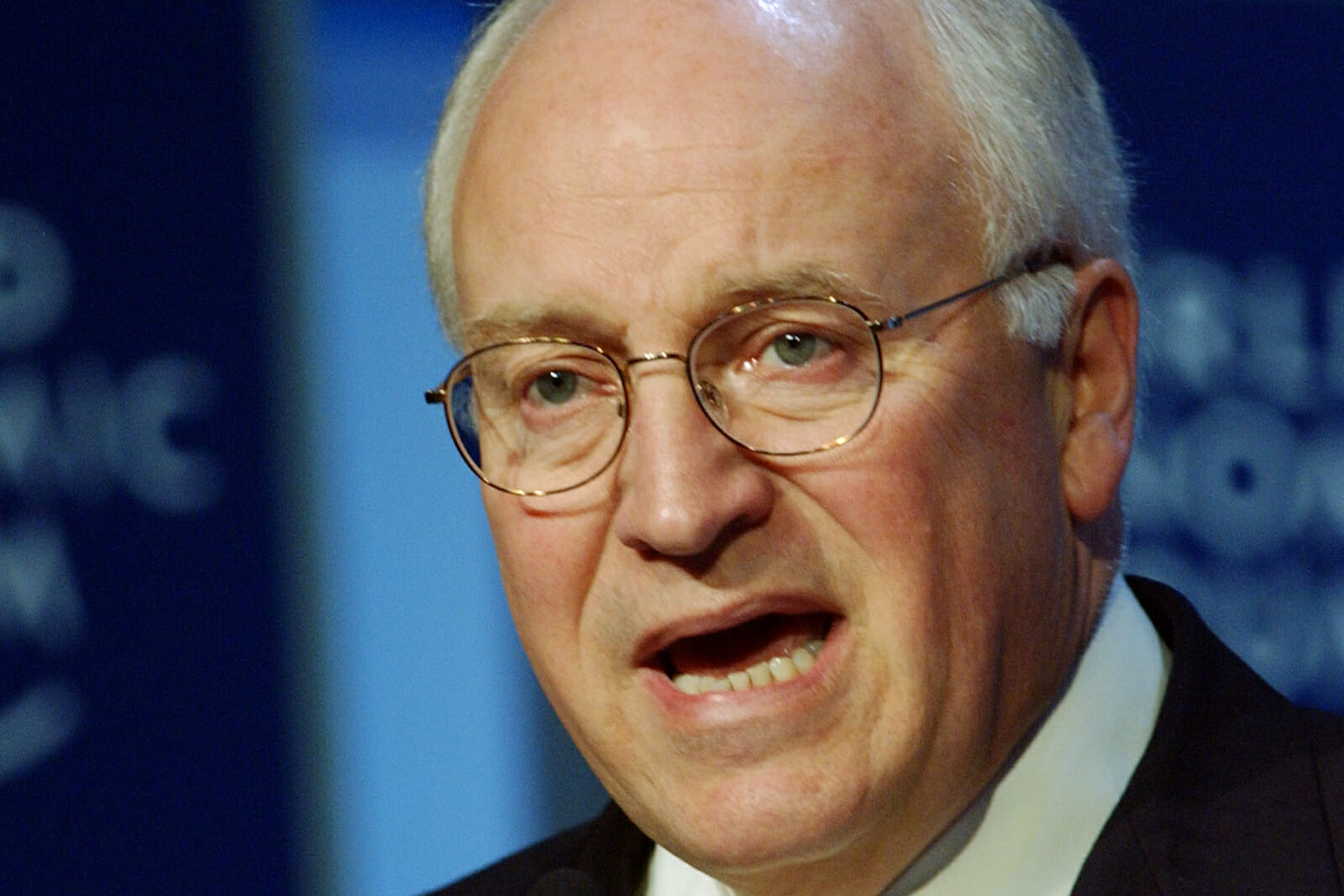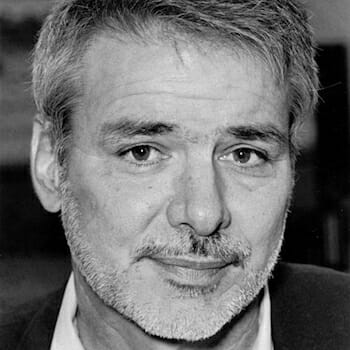
Politics
The Shameless Defense of the Iraq War
“If you could go back to 1889 and strangle Adolf Hitler in his crib would you do it?” David Brooks asks in the lead paragraph of his column in Tuesday’s New York Times.
The answer is obvious, Brooks says. No Hitler. No charismatic leader of the Nazi Party. No Holocaust.
And then in his signature-mark dispassionate and overly erudite voice, Brooks fills the 850-word space provided to him by the Times with a convincing but utterly dishonest “mistakes were made” defense of the decision by George W. Bush and Dick Cheney to invade Iraq.
Brooks is either dishonest or misinformed.
It’s malfeasance or misfeasance.
Consider.
“There’s a fable going around now that the intelligence about Iraq was all cooked up by political pressure,” Brooks writes.
“That doesn’t gibe with the facts.”
But it does.
When Jake Bernstein and I were working on Vice: Dick Cheney and the Hijacking of the American Presidency, we interviewed CIA sources and a retired CIA analyst who described some of the cooking that Cheney did to create the intelligence he needed to justify the United States military destroying a sovereign nation that represented no threat to our national interest.
Cheney’s conduct regarding the CIA was unprecedented and unprincipled. And probably illegal.
The CIA is the only federal agency that makes daily house calls to the White House, sending briefers to deliver what’s called the President’s Daily Briefing, a closely guarded report available to six or seven people at the top of the administration.
The briefers develop working relationships with their principals, and at times are sent back to look at the “raw traffic” for additional information.
Unhappy with the intelligence his briefer was providing, Cheney fired him.
“I’ve never heard of a briefer being fired,” a former agency analyst told me. “It’s unprecedented.”
Never a slave to precedent, Cheney fired a second briefer when the intelligence on Iraq was unsatisfactory.
The firings sent a message to the CIA agents analyzing information gathered in Iraq. But that wasn’t enough. Cheney began making his own house calls to the CIA headquarters in Langley, Virginia.
In the run up to the Iraq war, Cheney made between eight and 15 trips to Langley, often accompanied by his Chief of Staff Scooter Libby, to work with agents and analysts preparing intelligence reports on Iraq.
The president and vice president visit Langley to cut ribbons, make speeches, and hand out awards—never to shape intelligence. The exception to that unwritten rule was Dick Cheney.
Nor did Cheney stop with what he did or didn’t get from the CIA.
The “intelligence” that informed the “16 words” in George W. Bush’s 2003 State of the Union Address—“the British government has learned that Saddam Hussein recently sought significant quantities of uranium from Africa”—which served as a predicate for the Iraq war, was provided by Cheney.
It was the vice president who obtained from the British in 2002 a file of Italian origin that claimed Hussein had tried to purchase uranium from sources in Niger.
By the time Cheney got the documents, CIA analysts already had recognized them as crude forgeries. But under pressure from the vice president, the agency asked French intelligence to investigate the claim.
Alain Chouet, director of French intelligence told the Los Angeles Times what his agents found: “We told the Americans, ‘Bullshit, this doesn’t make any sense.’”
False intelligence notwithstanding, Bush used the report to make the false claim about Hussein’s attempt to acquire uranium in his 2003 SOTU.
When the CIA dispatched former ambassador Joe Wilson to Niger to further investigate the claim, it was Cheney and Scooter Libby (who ultimately was convicted for his role in the episode) who went after Wilson and his wife, CIA agent Valerie Plame.
In the evidence file in the federal criminal case against Libby is a photocopy of Wilson’s July 6, 2003, opinion piece in The New York Times, debunking the Niger yellow-cake story.
Penciled in the margin is a question: “Have they done this sort of thing before? Send an Amb. to answer a question?…Or did his wife send him on a junket.”
The marginalia on the page is in the handwriting of Dick Cheney.
Beyond cooking up intelligence, Cheney was an accessory to the crimes—obstruction of justice, perjury, making false statements—for which his former aide was convicted and which involved the outing of a CIA agent.
There is more.
The original 48-page “backgrounder” that the White House provided Secretary of State Colin Powell for his February 2002 speech to the Security Council, which made the case for war, was shaped by Libby, so it is almost impossible that his boss wasn’t deeply involved.
Powell read it and declared it “bullshit” and tossed the entire document. He turned to a National Intelligence Estimate on Iraq, which was better sourced but as flawed as the document he had described as “bullshit.”
“The Iraq war error reminds us of the need for epistemological modesty,” Brooks writes.
That’s bullshit, even if written in the lingua franca of the salons frequented by Brooks and other apologists for what Bush and Cheney visited on the people of Iraq.
The Bush administration created the intelligence that justified a war that was illegal, unethical and profoundly tragic. A far better argument is made by Jonathan Chait in New York Magazine.
Chait recognizes the narrative crafted by Brooks and other apologists for what it is—an effort to sustain the last line of defense left to the perpetrators of the Iraq war: “Pretend that an intelligence failure and a deliberate effort to cook the intelligence are mutually exclusive. It was a mistake. Therefore, it could not have also been a crime.”
Back to David Brooks’ conceit regarding Hitler.
If you could back to January 30, 1941, and strangle Dick Cheney in his crib, would you do it?
There is, of course, no equivalency. But pose that question to an Iraqi widow living in Anbar Province today.
She might be so lacking in epistemological modesty that she would dare to answer it.
This article was originally posted in The Washington Spectator.

